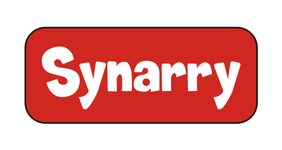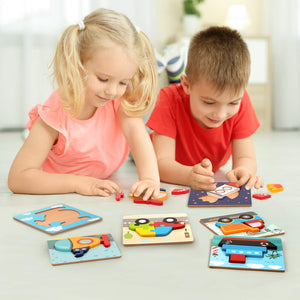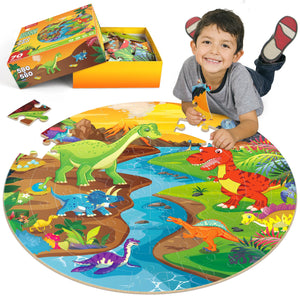
How Puzzles Enhance Children’s Educational Development
Puzzles are not just toys; they are powerful educational tools that contribute significantly to children’s overall development. Here are some ways in which puzzles enhance educational growth.
1. Improves Hand-Eye Coordination
Puzzles require children to place pieces together, which helps improve their hand-eye coordination. As they repeatedly try and adjust pieces to fit correctly, their fine motor skills and coordination are significantly enhanced.
2. Develops Problem-Solving Skills
Solving puzzles involves thinking about how different pieces fit together, which fosters logical thinking and problem-solving skills. Children learn to observe, analyze, and experiment, honing their ability to find solutions.
3. Boosts Memory
Engaging with puzzles can improve children’s memory. They need to remember shapes, colors, and the placement of different pieces, which enhances their short-term memory and recall abilities.
4. Encourages Patience and Persistence
Completing a puzzle requires patience and persistence. Children learn to stay focused on the task and continue working until they achieve their goal, which helps develop their perseverance.
5. Enhances Spatial Awareness
Puzzles help children understand spatial relationships and how different pieces fit within a larger picture. This spatial awareness is crucial for their overall cognitive development.
By incorporating puzzles into playtime, parents can provide children with a fun way to develop essential skills and foster a love for learning.


